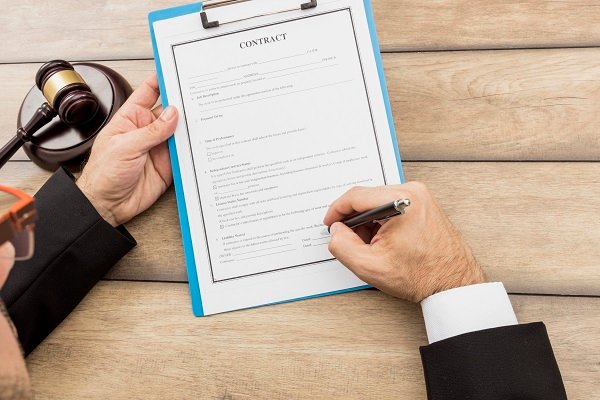When an unexpected accident or injury occurs, it can turn your life upside down in an instant. In the aftermath, dealing with medical bills, lost wages, and emotional distress can be overwhelming. If you’ve suffered a personal injury, understanding your rights and the legal avenues available for compensation is crucial.
Here, we’ll delve into the essential aspects of working with a personal injuries lawyer to help you navigate your path from injury to compensation.
Understanding Personal Injury Law
Personal injury law, or tort law, enables individuals harmed by another party’s negligent or intentional actions to seek compensation. These cases can stem from a variety of incidents, including car accidents, slip and falls, medical malpractice, workplace injuries, and more. The primary aim is to restore the injured party to their pre-incident condition as much as possible.
Why You Need a Personal Injuries Lawyer
Navigating the complexities of personal injury claims can be challenging without legal expertise. A personal injuries lawyer in Tulsa, OK, specializes in these cases and can provide invaluable assistance in several ways:
- Legal Expertise: They understand Oklahoma’s personal injury laws and can help you avoid common pitfalls.
- Case Evaluation: Lawyers can evaluate the merits of your case and estimate potential compensation.
- Negotiation Skills: They can negotiate with insurance companies to ensure you receive a fair settlement.
- Litigation: If a fair settlement isn’t possible, they are prepared to take your case to court.
Steps to Take After an Injury
Taking the right steps immediately following an injury is crucial to protecting your health and your legal rights. Here’s what you should do:
- Seek Medical Attention: Your health is the top priority. Get medical treatment as soon as possible, even if injuries seem minor.
- Document Everything: Keep detailed records of the incident, medical treatments, expenses, and any communications with the responsible parties.
- Report the Incident: Notify the appropriate authorities, whether it’s your employer, the police, or property management.
- Consult a Lawyer: Contact a personal injuries lawyer to discuss your case and understand your legal options.
The Legal Process
Understanding the legal process can help you know what to expect and prepare accordingly. Here’s a general overview of the steps involved in a personal injury claim:
- Initial Consultation: Meet with your lawyer to discuss the details of your case.
- Investigation: Your lawyer will gather evidence, interview witnesses, and build your case.
- Filing a Claim: Your lawyer will file a claim with the responsible party’s insurance company.
- Negotiation: Both sides will attempt to negotiate a settlement. Most cases are settled at this stage.
- Litigation: If a settlement can’t be reached, your lawyer will file a lawsuit and take the case to court.
Types of Compensation
The compensation you can receive in a personal injury case falls into several categories:
- Medical Expenses: Covers past and future medical bills related to the injury.
- Lost Wages: Compensates for income lost due to the inability to work.
- Pain and Suffering: Addresses the physical and emotional distress caused by the injury.
- Property Damage: Covers repairs or replacements of damaged property.
- Punitive Damages: In cases of gross negligence, punitive damages may be awarded to punish the responsible party.
Choosing the Right Lawyer
Selecting the right personal injuries lawyer is crucial to the success of your case. Consider the following factors:
- Experience: Look for a lawyer with extensive experience in personal injury law and a track record of successful cases.
- Reputation: Check reviews, testimonials, and peer ratings to gauge the lawyer’s reputation.
- Communication: Choose a lawyer who communicates clearly and keeps you informed throughout the process.
- Compassion: A lawyer who understands your situation and shows genuine concern can make a significant difference in your experience.
Conclusion
Navigating the aftermath of a personal injury can be overwhelming, but you don’t have to do it alone. A personal injury lawyer offers the guidance, support, and expertise necessary to traverse the legal system and obtain the compensation you deserve. By understanding your rights, taking the right steps following an injury, and selecting the appropriate legal representation, you can move forward on the path to recovery and justice.
